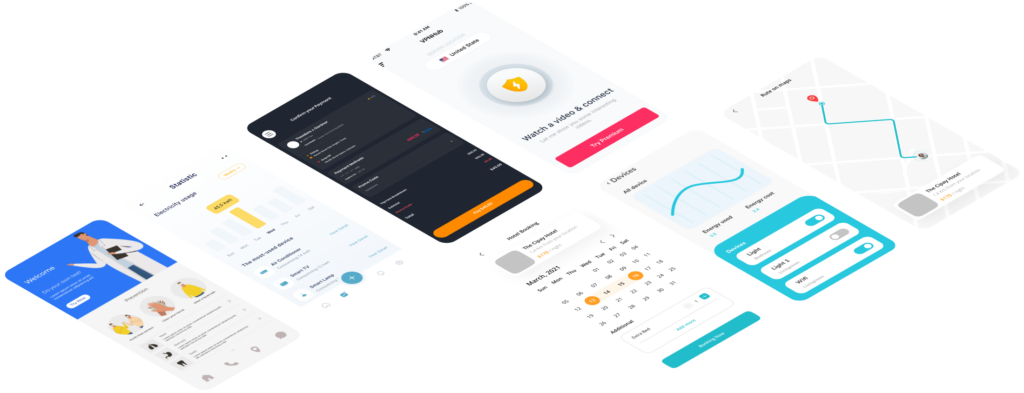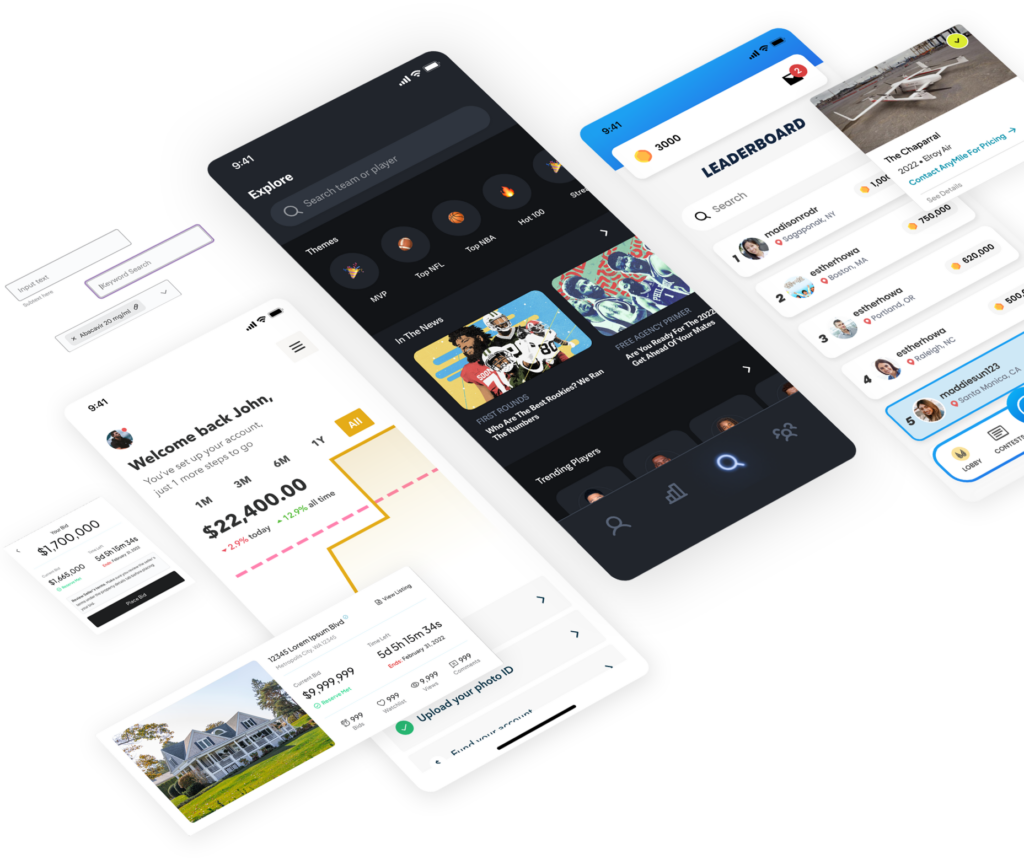- Home
- About Us
- Services
UI/UX
- Technology
- Industries
- Blog
Do you want to increase the efficiency and streamline the operations of your logistics company? Then, Appdevguru offers logistics software development services. We provide tailored solutions to meet the needs of your business based on our experience in software development and deep understanding of the logistics industry.
We at Appdevguru understand the challenges logistics companies face today in the competitive market. That’s why we develop robust software solutions that optimize supply chains, improve customer satisfaction, and drive growth based on advanced technologies and cutting-edge tools.

We provide logistics software development services that cover a wide range of functionality, including shipping logistics management, fleet management, telematics, asset tracking, transportation management, order management, and warehouse management. Our solutions harness IoT, artificial intelligence, machine learning, and other innovative technologies to increase operational efficiency, enable real-time visibility, automate processes, and meet regulatory requirements. Experience the power of Appdevguru’s logistics software development services and stay ahead of the competition.

Appdevguru specializes in delivering high-quality logistics software development services tailored to the industry’s unique requirements. We use a seamless development process to ensure an efficient deployment of the final product. Here are the key stages of our logistics software development process:
Increasingly competitive and fast-paced, businesses seek innovative solutions to streamline their operations, improve efficiency, and enhance customer satisfaction. Appdevguru understands the importance of staying ahead of the curve and incorporating advanced technologies into our logistics software development services. Here are a few of the cutting-edge technologies we use to create modern and effective logistics software:
we believe in providing comprehensive solutions that complement your digital transformation in more than one way.
Copyright © 2024, Itworkhub.com. All rights reserved.